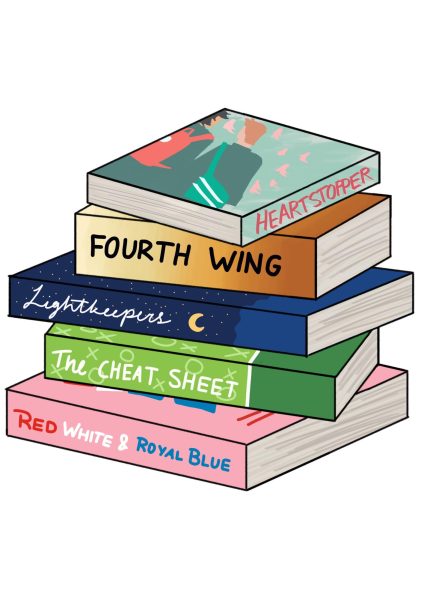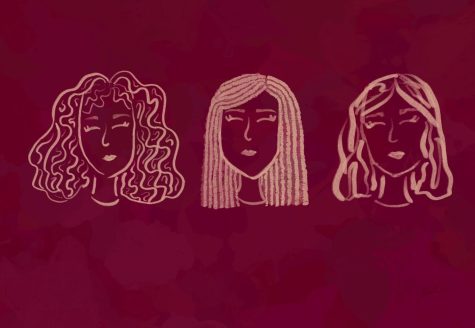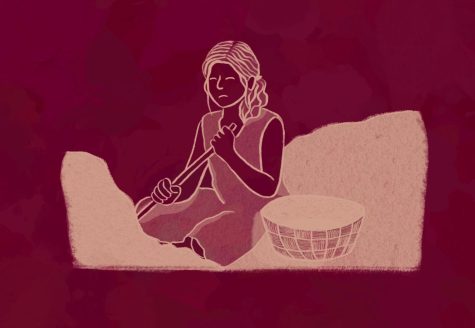Is royalty forever?
In our rapidly shifting world, hierarchies are constantly changing. Power, the key factor in a hierarchy, comes to exist through a level of endorsement from the masses. The British monarchy retains a modern standing despite being a relic of the British empire which controlled much of the imperialist world for centuries. As a consistent figure in the majority of people’s lives, Queen Elizabeth II won a degree of respect due to the presence of her continued existence; even to the American highschooler, a demographic almost completely irrelevant to the topic the news bore weight. But now with her death, an event many were skeptical would ever take place due to a lengthy reign on the throne, the world is left with King Charles III. It is with this new unfolding that the monarchy is brought to the forefront, as we are reminded of the fact that it exists without Queen Elizabeth.
Royalty as we know it is a thing of fairy tales; ethical royalty even more so. The romanticism of benevolent kings and lovelorn princesses is unlike anything demonstrated throughout actual history. Something the queen managed to project. However, with a new monarch upholding the fairytale, the facade risks falling.
The ideas of royalty are everywhere; people love tradition. Many people desire something to believe in, even if it is just a fairytale. This pride raises morale so we supply our own figureheads; as celebrities and characters, we revel in every morally gray area. In common culture, the royals are philanthropists, despite serving as symbols of an empire known for committing some of the worst atrocities across history. Yet many find hope in a community, even when the very community is built on the premise of destruction.
Although imperialism is a less controversial topic than it was some 80 years ago when the Queen first came to power, it remains overlooked. The collective selective conscience chooses to separate the reality of colonization from a humanistic view of royalty. The separation of the two, however, depends on whether the monarchy can exist as a piece of living history and not merely a symbol of status. The unmistakable harm of imperialism casts a shadow across numerous continents in such a fashion that the upholding of monarchial status continues to erase the struggles of post imperialist nations.
We choose what makes us happy, even at the cost of others, or merely what keeps us comfortable. The radical implications of abolishing a system which has existed for centuries is inherently uncomfortable. We risk losing something we have been taught to value despite it being made up of the media we consume. This is common culture: the relevance of the royal family depends on whether common culture determines it so. We may so use the royals to feed our morbid curiosity or to indulge our escapism. But the question remains: how does this fit in our quickly changing world with our faster changing morals?











